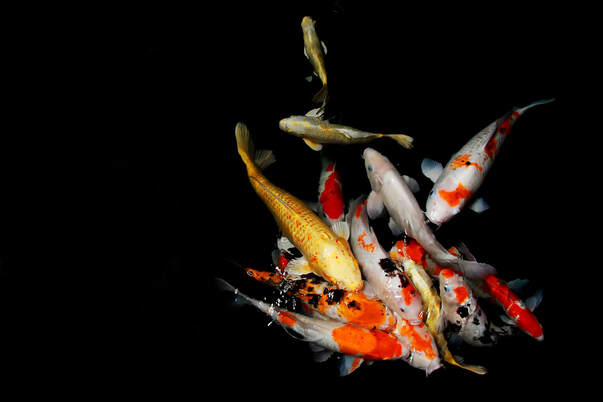For a long time now, I have been interested in finding out more about evolution. What most of us know as evolution is based on the Darwinian Theory of Natural Selection; it is often summarized as "Survival of the Fittest;" pictured as a few figures moving/ progressing from left to right, ape to primitive human to upright Homo sapiens of today. However, there are other theories of evolution not just the Darwinian one, which proposes that an organism that best adapts to its environment will survive and reproduce. When Charles Darwin published his work "The Origin of the Species" in 1859 he was doing so after Alfred Russell Wallace, a younger, less experienced and less financially-stable naturalist/ geologist, among other things, had written Darwin to describe similar ideas of species evolution in his travels in the Amazon and South-East Asia a year prior. Darwin and his associates decided to publish Darwin's work before someone else, such as Wallace did. Hence, we associate evolution with Darwin, not Wallace. In fact, there are other ideas of evolution that pre-date Darwin but were not accepted by society or the scientific community of the time. One such individual is Jean-Baptiste Lamarck, a French zoologist, who published his findings and hypothesis almost 60 years before Darwin, but was ridiculed by the French scientific community of his time for his bold hypotheses. One of his suggestions was the "inheritance of acquired characteristics," which states that an organism can acquire and pass on to its offspring characteristics or adaptations which it acquired through use or disuse during its lifetime. Lamarck was not given credit for his work, even ridiculed and forgotten until now, about 200 years later.
"One reason some scientists are taking another look at Lamarck is that evolutionists are reminding us of the invaluable role cooperation plays in sustaining life in the biosphere. Scientists have long noted symbiotic relationships in nature." (Lipton, 2015)
New ideas and perspectives are emerging in science as well as in society. For so long, we were exposed to the idea that "only the fittest survive." Currently, more are realizing that the reason we humans have survived and thrived till this day is because we learned to cooperate with each other; banding together to stay warm; pitching our resources together to feed more over a longer period of time. We learned to live in symbiosis with other humans as well as other living beings and our environment, which one may dispute with the current state of affairs on the earth.
My interest in evolution has revealed to me how everything on this planet, if not the universe, is related to one another. It has shown me how all vertebrates including humans were once fish. Click the link to watch a fascinating documentary on our inner fish ancestry. These creatures lived in oceans and over hundreds of millions of years, evolved to have limbs, that then transformed to hands with opposable thumbs which we have today; that allows us to create the reality we live in today. So maybe the Chinese are celebrating Chinese New Year with symbols of the fish not just as the beginning of a new year, but also as an honoring of the roots of our existence on earth.
Reference
Lipton, Bruce H. (2015): The Biology of Belief - Unleashing the Power of Consciousness, Matter and Miracles. Carlsbad, USA: Hay House Inc.
Image Koi by endri nana nana on pixabay


 RSS Feed
RSS Feed